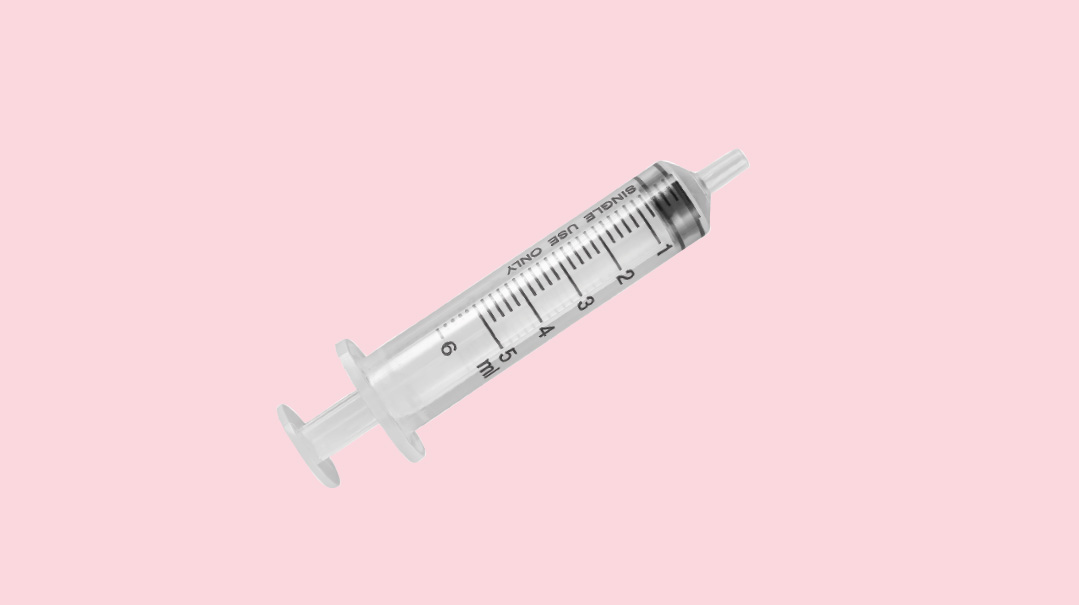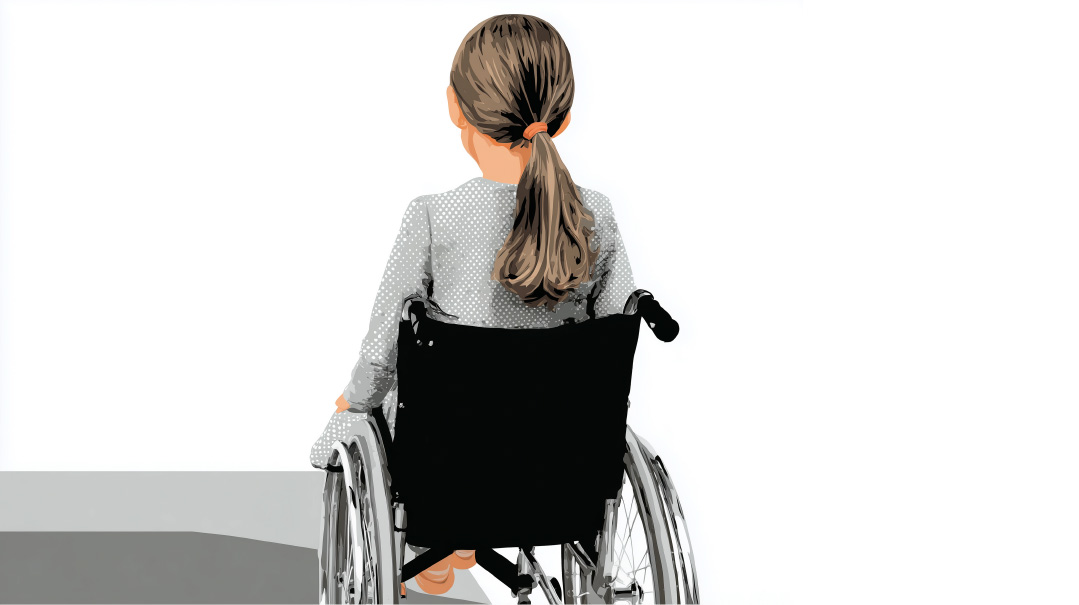From Treasure to Trash
| November 21, 2023After a five-hour surgery to remove seven millimeters of bone from his mouth, my son’s jaw had been wired tightly shut

“All right if I throw these away?” I asked my son as I held out a handful of syringes.
He raised his eyes at me with a look of confusion that would border on condescension, implying I was asking a truly stupid question.
Of course you can throw them away: They’re used, unnecessary, inexpensive items.
But they’d been so, so crucial just a few weeks ago that I was taken aback by their current uselessness.
I remembered the helpless near-panic I’d felt when my son waved a broken syringe at me. I wasn’t sure we had any left. How were we going to manage without any syringes?
After a five-hour surgery to remove seven millimeters of bone from his mouth, my son’s jaw had been wired tightly shut. Twenty-four hours after the operation, my son was hungry, and I wondered for how long he’d be left without any nourishment.
A perky nurse walked in and proffered my son a cup with a straw. It seemed a very logical thing to do until he actually tried drinking. He had zero feeling in his lips and needed a mirror to get the straw into his mouth. Even then he had no ability to suck.
The fact that the nurse had a syringe and tube waiting right there made me suspect that no one had ever managed to drink from the straw, and it was just standard procedure to try.
Standing over the sink in his hospital room, my son used the mirror to guide the thin tube attached to the syringe into the side of his mouth. Slowly, he’d squirt in 60 cc of water or liquid food supplement, part of which he managed to swallow, and part of which dribbled down his chin and into the sink.
Tedious as it was, I relaxed knowing he was getting nourishment. The trays of mashed potatoes, jello, and miscellaneous pureed fare sent by the hospital kitchen had felt appropriate when they arrived; now they seemed mocking. There was no way in the world he could eat them.
When the hospital released us a few days later with bottles of food supplement and an extra syringe or two, the feeling was a strange echo of one I’d had 23 years earlier when I first brought him home: excitement about my baby coming home, mixed with the apprehension of not having the hospital staff to fall back on.
Bottom line, it was very different this time. My son was an adult and perfectly capable of taking care of himself. He could feed himself — albeit awkwardly and slowly — whenever he got hungry or thirsty.
Until he waved the broken syringe at me.
It was a very hot summer. He couldn’t drink without the syringe. Or eat. And he was still weak from the operation, weak from a liquid-only diet.
I rummaged through the hospital bag he hadn’t fully unpacked, hoping to find a spare syringe. When I found the plastic package, the relief was like a physical weight rolling off of me.
I went to the pharmacy to stock up on the liquid supplement and asked them for several big syringes. They had two. I looked at the words “Single Use” printed on the side. The first one had lasted for a couple of days. Two should be enough till I got to another pharmacy.
And they were.
And the funny thing? I don’t remember if I even bought any more. Maybe my son got some on his own? Or maybe those two were enough?
My other kids had a great time having one-sided conversations with their normally know-it-all brother. I discovered sign language for the alef-beis is commonly known, even though I couldn’t pick it up fast enough to follow my son’s side of the conversation when he felt compelled to rebut. I made smoothies and soups that my son watered down until they flowed through the tube of the syringe. I bought a Barbie water bottle because it had the fattest straw I could find in the store. I mothered my son in a way I couldn’t since he was a little boy.
The wires were loosened and eventually removed. With Hashem’s help my son started eating and talking like he always had.
And those syringes I was so, so worried about, the syringes I nearly panicked over? Their uselessness makes me laugh now.
Maybe in that laugh, I better understand the line in Tehillim that speaks of the time when, “Az yimalei sechok pinu — our mouths will be filled with laughter.”
Because I now know that everything we worry about will eventually pass.
(Originally featured in Family First, Issue 869)
Oops! We could not locate your form.







